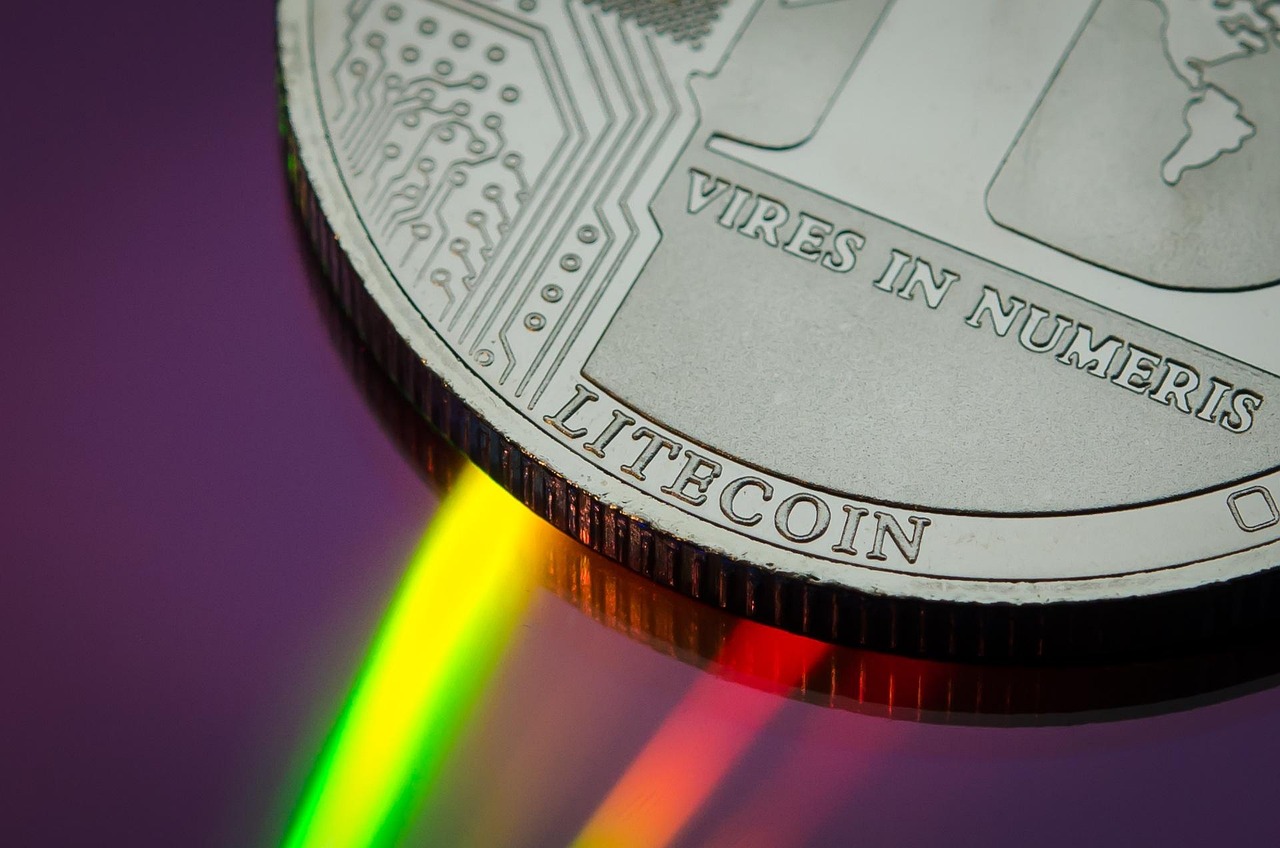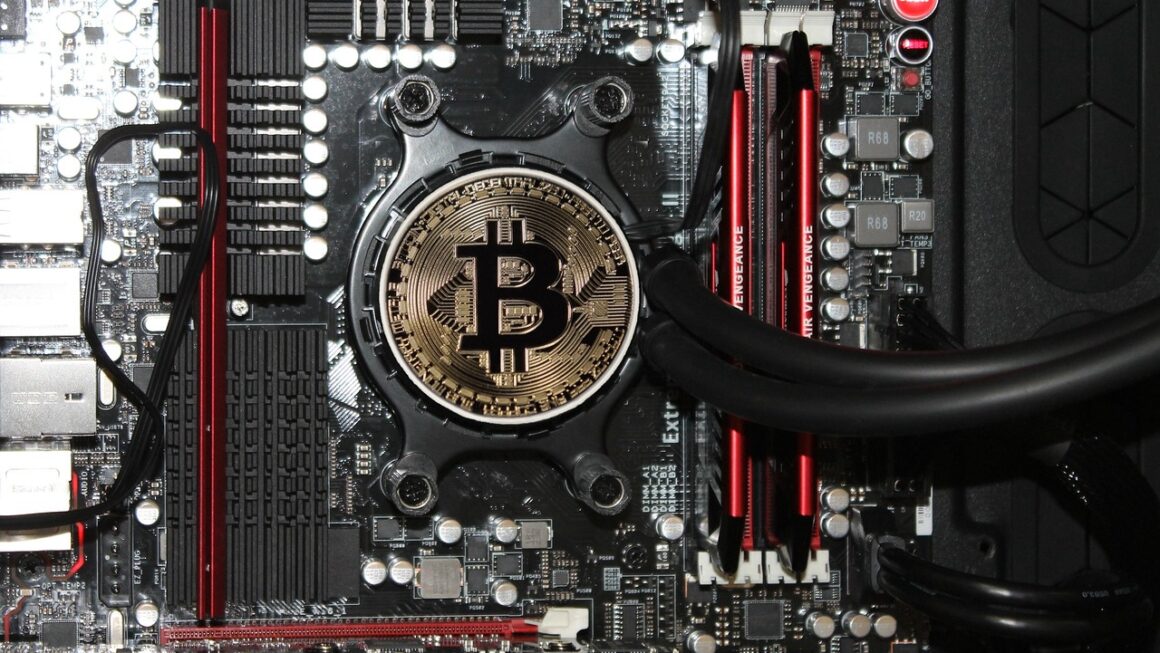The cryptocurrency landscape is a dynamic and ever-evolving realm. Staying ahead of the curve requires a keen understanding of the latest trends shaping the industry. From decentralized finance (DeFi) innovations to the rise of Non-Fungible Tokens (NFTs) and the growing interest in institutional adoption, this blog post will delve into the key crypto trends you need to know.
Decentralized Finance (DeFi) Evolution
DeFi continues to revolutionize traditional financial systems, offering open, permissionless, and transparent alternatives. While it’s been around for a few years, it is continually evolving with new use-cases and improvements.
The Rise of Real-World Asset (RWA) Tokenization
Tokenizing real-world assets like stocks, bonds, commodities, and real estate on the blockchain bridges the gap between traditional finance and DeFi. This allows for greater liquidity, fractional ownership, and access to previously illiquid assets.
- Example: Imagine tokenizing a luxury apartment building and allowing investors to purchase fractions of the property through tokens. This significantly lowers the barrier to entry and allows for a broader range of investors.
- Benefits:
Increased liquidity and accessibility
Fractional ownership opportunities
Reduced costs and inefficiencies
Cross-Chain Interoperability
The future of DeFi likely lies in seamless interaction between different blockchain networks. Cross-chain interoperability allows users to transfer assets and data across different blockchains, creating a more connected and efficient DeFi ecosystem.
- Example: Protocols like Chainlink and LayerZero facilitate cross-chain communication and data transfer, enabling more complex and integrated DeFi applications.
- Challenges:
Security risks associated with bridging assets across chains
Complexity in developing and maintaining cross-chain protocols
Scalability issues
Non-Fungible Tokens (NFTs) and Beyond
NFTs have gone beyond just digital art and collectibles, finding applications in various industries.
Utility NFTs and Membership Programs
NFTs are increasingly used to represent membership, access rights, and other forms of utility. These utility NFTs offer tangible benefits to holders, creating stronger communities and driving engagement.
- Example: A restaurant could offer an NFT that grants holders exclusive access to reservations, discounts, and special events.
- Advantages:
Enhanced community engagement
Creation of unique user experiences
Potential for new revenue streams
NFTs in Gaming and Metaverse Experiences
NFTs are playing a crucial role in the development of blockchain-based games and metaverse experiences. Players can own in-game assets as NFTs, allowing them to trade, sell, and use them across different virtual worlds.
- Example: Games like Axie Infinity and Decentraland utilize NFTs to represent land, characters, and items, giving players true ownership and control over their digital assets.
- Future Directions: Expect to see increased integration of NFTs into mainstream gaming platforms, further blurring the lines between the physical and digital worlds.
Institutional Adoption and Regulation
The increasing interest from institutional investors and the development of regulatory frameworks are significantly shaping the crypto landscape.
Institutional Investment in Cryptocurrency
More institutions are allocating capital to cryptocurrency, driven by factors such as inflation concerns, potential for high returns, and a growing understanding of the technology.
- Example: Companies like MicroStrategy and Tesla have invested significant portions of their treasury reserves in Bitcoin. Investment funds and pension funds are also beginning to explore crypto investments.
- Impact: Institutional adoption brings greater legitimacy and stability to the crypto market.
Regulatory Developments and Compliance
Governments around the world are working to develop regulatory frameworks for cryptocurrency. Clarity and compliance are crucial for the long-term growth and sustainability of the industry.
- Example: The European Union’s Markets in Crypto-Assets (MiCA) regulation aims to provide a comprehensive framework for regulating crypto assets across the EU. The US SEC is actively involved in regulating crypto exchanges and initial coin offerings (ICOs).
- Considerations:
KYC/AML compliance is essential for businesses operating in the crypto space.
Understanding and adhering to regulatory requirements in different jurisdictions is crucial.
Layer-2 Scaling Solutions
As blockchain networks like Ethereum face scalability challenges, Layer-2 solutions are gaining prominence to improve transaction speed and reduce fees.
Optimistic Rollups and ZK-Rollups
Optimistic rollups and ZK-rollups are two popular Layer-2 scaling solutions that process transactions off-chain and batch them before submitting them to the main blockchain.
- Optimistic Rollups: Assume transactions are valid unless proven otherwise, relying on a fraud-proof system to challenge invalid transactions.
Example: Arbitrum and Optimism are popular Optimistic rollup solutions.
- ZK-Rollups: Use zero-knowledge proofs to verify the validity of transactions off-chain, offering faster transaction speeds and greater privacy.
Example: zkSync and StarkWare are examples of ZK-rollup solutions.
- Benefits of Layer-2 Scaling:
Increased transaction throughput
Reduced transaction fees
Improved user experience
Conclusion
The cryptocurrency market is ripe with innovation and opportunity. By understanding and adapting to these key trends, you can position yourself to capitalize on the exciting developments shaping the future of finance and technology. Stay informed, do your research, and be prepared for the continued evolution of the crypto landscape.
Read our previous article: Beyond The Hype: Tech Tools That Actually Deliver




